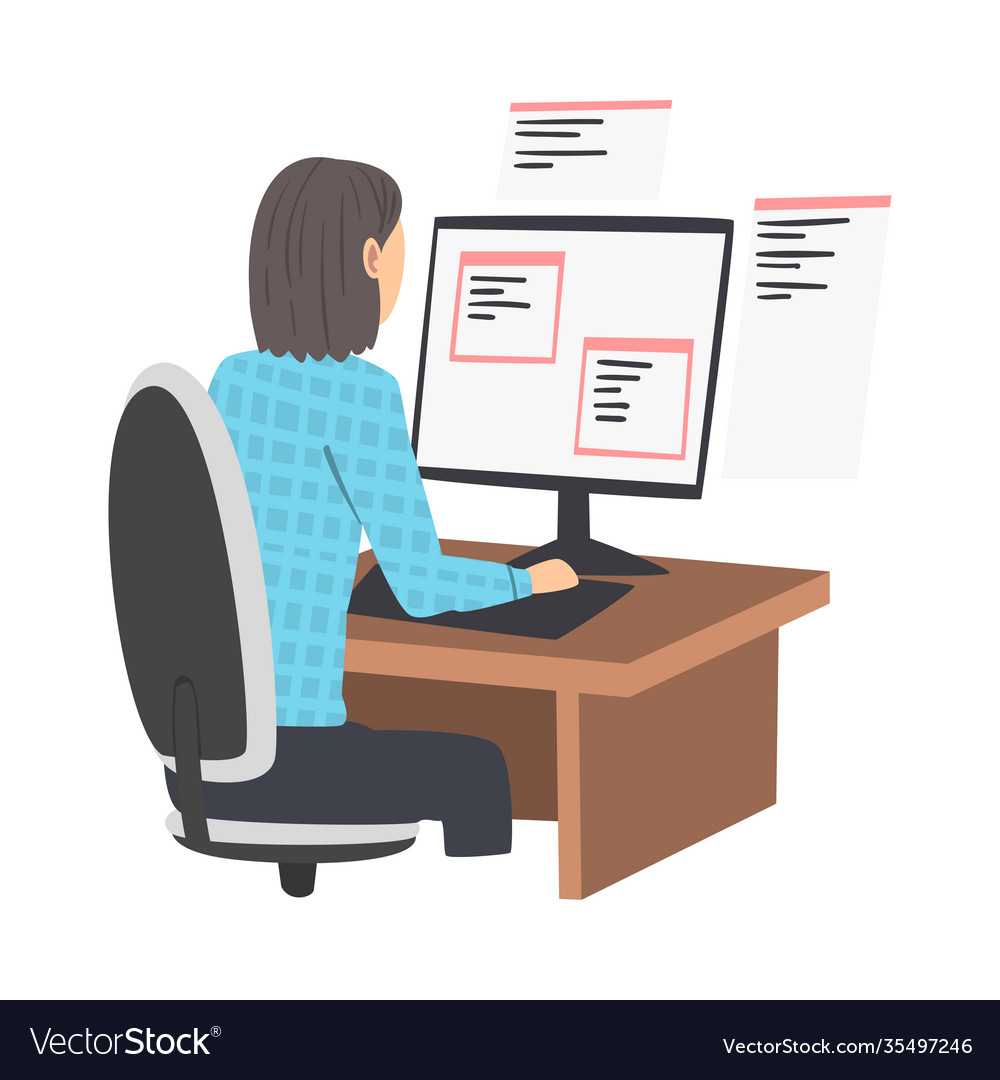Streamline Your Projects with Effective Software Development Staff Augmentation
Wiki Article
Dedicated Developers vs. In-House Teams: Which Is Right for You?
The choice between making use of specialized developers and keeping an internal group is a significant one that can impact the trajectory of your tasks and overall company strategy. On the other hand, in-house teams contribute to a cohesive business society and a nuanced understanding of long-lasting goals.Comprehending Committed Programmers
The growing need for specialized skills in the technology market has actually resulted in the emergence of specialized developers as a viable option for numerous organizations. These experts are normally contracted on a project basis, allowing firms to utilize specific know-how without the lasting commitment related to full time hires. Dedicated programmers are usually embedded within a customer's group, offering adaptability and scalability to satisfy project demands.This version enables companies to access an international skill swimming pool, which is specifically advantageous in a quickly progressing technical landscape. Dedicated developers can be sourced from numerous geographical areas, making certain that business can locate the ideal capability at affordable prices. They typically bring a wide range of experience and understanding, having actually dealt with varied projects throughout different markets.
Moreover, specialized developers can focus solely on the tasks available, boosting productivity and effectiveness. They are equipped to incorporate effortlessly right into existing process, teaming up very closely with in-house groups to attain project objectives. This technique not just minimizes the problem of recruitment and training but additionally permits companies to stay active, adjusting quickly to transforming market needs and technological developments.
Advantages of In-House Teams

Moreover, in-house teams have a tendency to have a deeper understanding of the firm's mission, worths, and goals. This alignment can boost worker involvement and motivation, as employee really feel more attached to their work and the company's success. Additionally, having a committed internal group permits much better alignment of purposes and techniques, as these members are regularly concentrated on the business's top priorities.
Internal groups also assist in quicker decision-making processes, as they can react extra quickly to challenges and modifications. The recognized relationships and experience with company methods permit for structured process and reduced miscommunication. Eventually, the combination of a natural culture, placement with organizational goals, and effective communication makes internal teams a valuable property for numerous organizations, specifically those aiming to cultivate long-term development and innovation.
Cost Factors To Consider
When reviewing price considerations, both in-house teams and specialized developers present distinctive monetary effects for companies. Involving devoted developers generally involves a pay-per-project or hourly price version, which can be cost-efficient for organizations with rising and fall task needs. This strategy enables for flexibility in scaling sources up or down, making sure that firms just spend for the services they require.In comparison, software development partner in-house teams require taken care of costs, including incomes, advantages, and overhead expenditures such as office area and devices. While this version uses greater control and instant schedule of sources, it might bring about higher long-term expenditures, especially if the work does not validate a permanent team.
Additionally, firms must take into consideration the covert expenses connected with recruitment and training of internal workers, which can better strain spending plans. In many cases, the moment and sources invested in managing an internal team can diminish the organization's core organization goals.

Task Administration and Adaptability
Task monitoring and flexibility are critical variables that influence the selection in between in-house teams and devoted developers. Devoted developers commonly use a high level of flexibility, permitting companies to scale sources up or down based upon task needs. This dexterity can be specifically beneficial for organizations experiencing changing workloads or those looking for to introduce quickly. Committed groups often have developed procedures for handling projects successfully, leveraging specific approaches like Agile or Scrum, which facilitate repetitive progress and flexibility.
Eventually, the option in between internal teams and specialized programmers rests on the desired level of flexibility and the certain project management requirements. Firms need to review their operational dynamics, job complexity, and source accessibility to establish which choice aligns best with their calculated objectives.
Making the Right Selection
Selecting the right development approach-- internal teams or specialized programmers-- calls for a careful evaluation of various aspects that line up with a firm's calculated goals. Conversely, internal teams can offer far better continuity and assimilation with existing workers.Following, evaluate your budget plan. Committed programmers usually present an affordable remedy for short-term projects, while internal teams might sustain greater long-lasting expenses due to incomes, advantages, and expenses prices. Assess the degree of control and partnership preferred; in-house groups commonly cultivate more powerful interaction and alignment with company culture.
If prompt outcomes are needed, specialized designers can be onboarded rapidly, whereas building an internal team takes time for recruitment and training. If continual growth is crucial, investing in an in-house group may yield better returns over time.
Verdict
In verdict, the decision between specialized developers and in-house groups depends upon task demands and business purposes. Dedicated designers offer adaptability and customized proficiency, making them appropriate for temporary initiatives. On the other hand, in-house groups cultivate a natural culture and deeper alignment with lasting goals. Mindful evaluation of budget constraints, project timelines, and wanted control degrees is necessary for identifying the most proper technique, making sure alignment with critical priorities and functional efficiency.The decision between utilizing dedicated developers and maintaining an internal team is a considerable one that can affect the trajectory of your jobs and total organization approach.Job administration and versatility are vital elements that influence the choice between in-house teams and specialized designers. dedicated development team.In contrast, internal groups may stand out in maintaining a constant project administration framework due to their knowledge with the organization's society and long-lasting goals. Committed developers typically present an economical service for short-term tasks, while in-house teams might sustain greater lasting expenditures due to wages, benefits, and overhead costs.In conclusion, the choice between in-house groups and committed developers pivots on job needs and business objectives
Report this wiki page